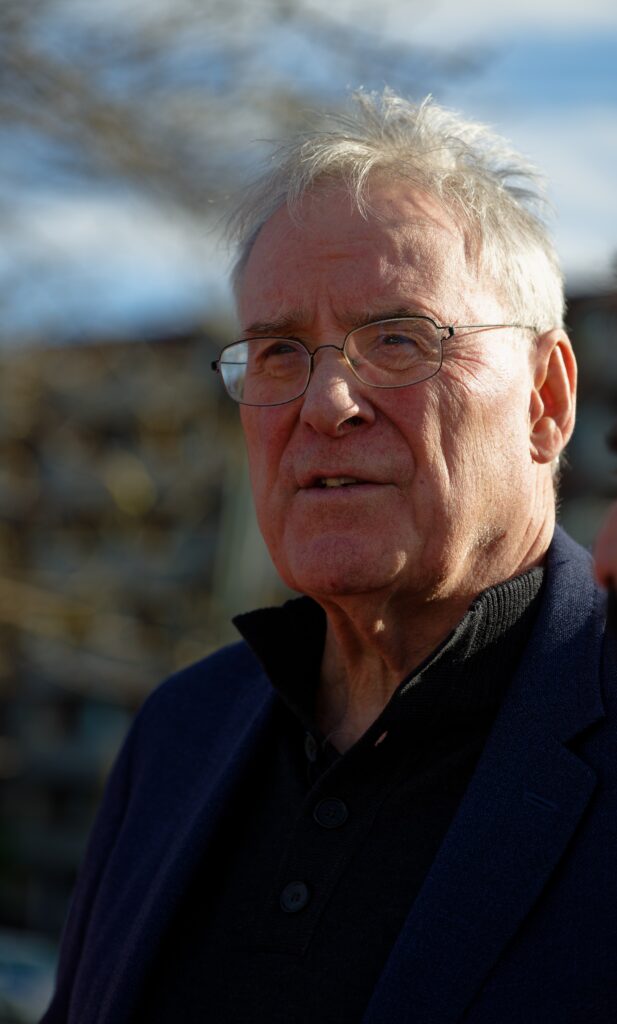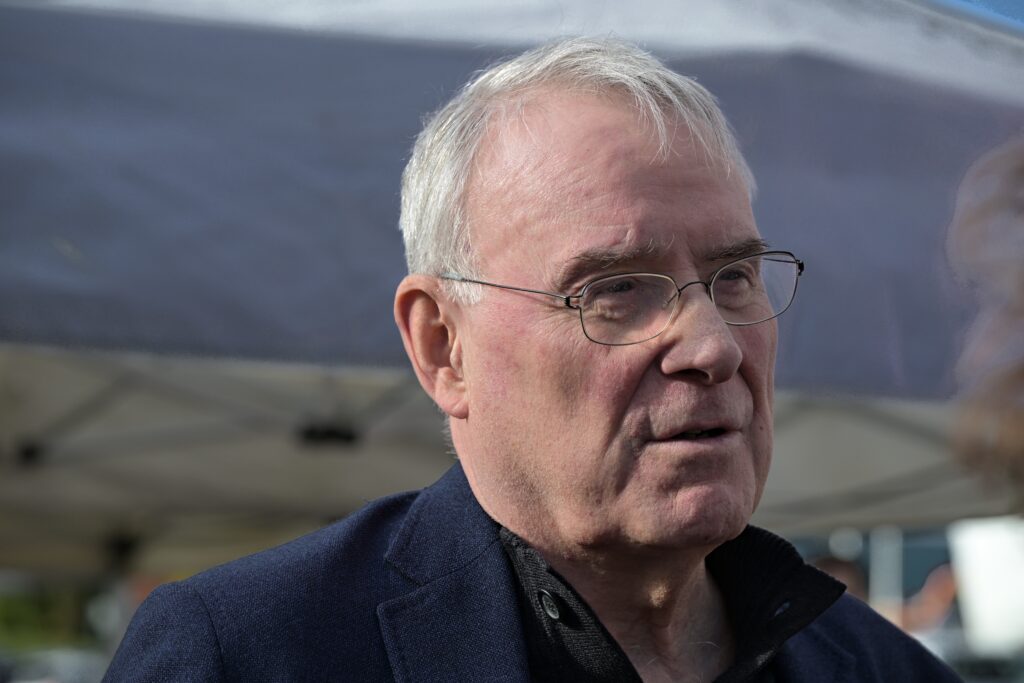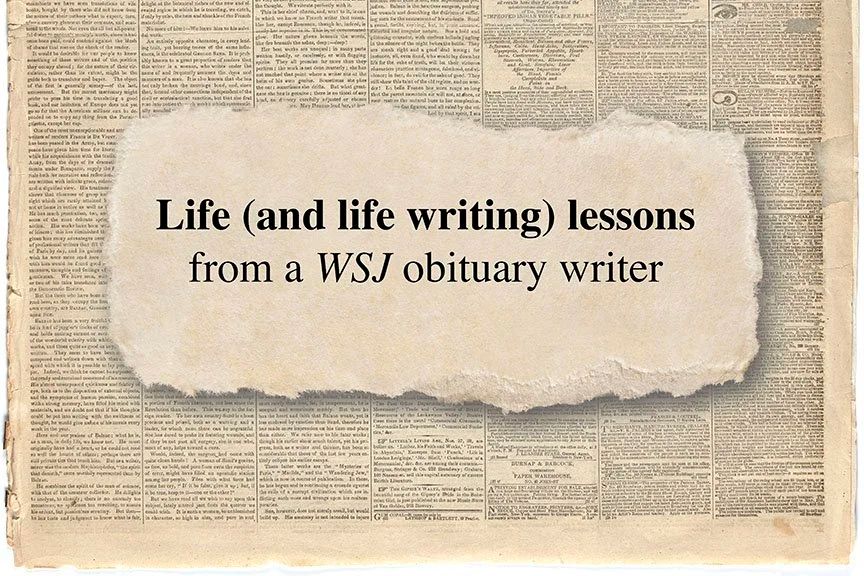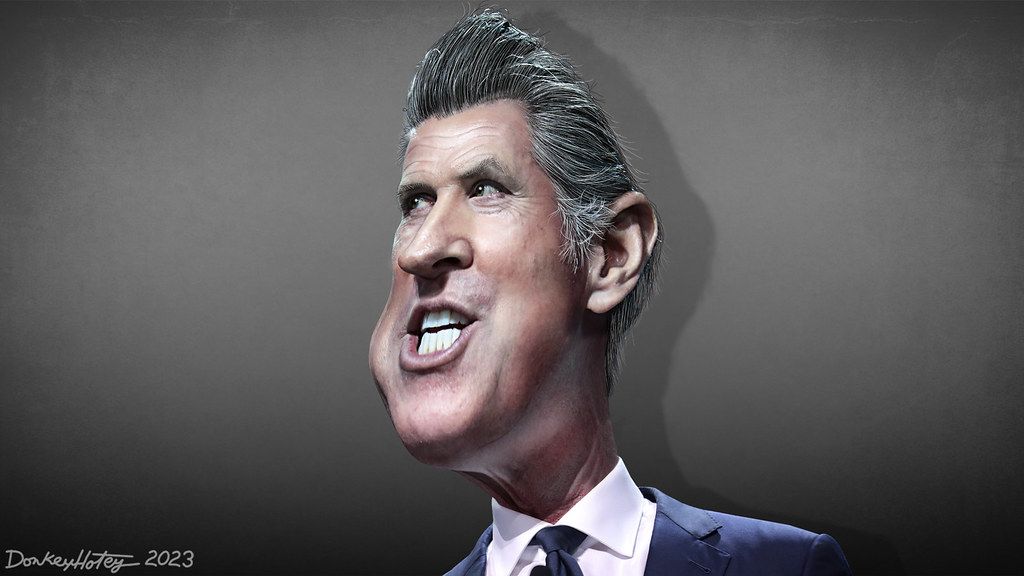
The world of sports and public service paused on Friday with the news of Ken Dryden’s passing at the age of 78, following a battle with cancer. Dryden was not merely a Hall of Fame goaltender; he was a singular figure whose influence transcended the ice, weaving a remarkable tapestry of achievements across diverse fields. From the Montreal Canadiens’ dynasty of the 1970s to the halls of Canadian Parliament, his life was defined by an insatiable pursuit of excellence and a profound intellectual curiosity that set him apart from his peers.
Dryden’s story is one of consistent success, whether he was facing down pucks or parliamentary debates. NHL Commissioner Gary Bettman aptly noted, “From the moment Ken Dryden joined the Montreal Canadiens as a 23-year-old rookie in 1971, he made an immediate and lasting impact on the NHL, the Canadiens franchise and the goaltending position.” This immediate brilliance was just a prelude to a career that would redefine the modern athlete, showcasing a rare blend of athletic prowess and intellectual depth.
As we reflect on his extraordinary journey, it becomes clear that Dryden’s legacy is not confined to any single arena. He was a champion on the rink, a scholar in the classroom, a compelling voice in media, and a dedicated servant to his country. This article will delve into the initial chapters of his remarkable life, exploring the hockey career that first brought him national prominence and established him as one of Canada’s most revered figures.
1. Early Life and Collegiate Brilliance
Born on August 8, 1947, in Hamilton, Ontario, Kenneth Wayne Dryden’s path to professional hockey was anything but conventional. At just 16 years old, in 1964, he was selected by the Boston Bruins in the third round of the NHL Draft. However, a little over two weeks later, his rights were traded to the Montreal Canadiens, a transaction that would become legendary. Instead of immediately joining the professional ranks, Dryden chose an uncommon route for an aspiring hockey star of his era.
He opted to put his hockey career on hold to pursue a college degree at Cornell University, a decision that underscored his burgeoning intellectual curiosity. This choice was highly unusual at the time, demonstrating a foresight and independence that would characterize his entire life. At Cornell, Dryden quickly established himself not only as a formidable student of history but also as an unparalleled goaltender for the Big Red.
During his three seasons at Cornell from 1966 to 1969, Dryden compiled an astonishing 76-4-1 record. His stellar 1.59 goals-against average across 83 games highlighted his dominance between the pipes. He famously led the Big Red to the 1967 NCAA Championship, a significant achievement that solidified his reputation as an elite talent even before his NHL debut. Dryden was a three-time All-American, and his Hall of Fame teammate Serge Savard once remarked on his intellectual habits, noting, “We didn’t see hockey players coming into the dressing room with books under their arms. After practice, he was going to McGill University.”
Read more about: Ken Dryden: Beyond the Mask — A Hall of Fame Goaltender’s Multifaceted Life and Enduring Legacy at 78

2. The Unprecedented NHL Debut
Dryden finally joined the Montreal organization in 1970, first playing for the Montreal Voyageurs of the American Hockey League in 1970-71, where he went 16-7 with eight ties in 33 games. His exceptional performance earned him a call-up to the Canadiens, where he played just six regular-season games in March 1971. Despite this minimal regular-season experience, the Canadiens took an audacious step, naming the 23-year-old rookie as their starter for the highly anticipated Stanley Cup Playoffs.
What followed was an immediate and breathtaking demonstration of his unique talent and poise under pressure. Dryden led the Canadiens on an improbable run, first upsetting the League-leading Boston Bruins in the NHL Quarterfinals. He then guided them to a six-game victory against the Minnesota North Stars, before ultimately securing a thrilling seven-game victory against the Chicago Blackhawks in the Stanley Cup Final. It was a fairy-tale beginning, seeing a rookie netminder hoist the most coveted trophy in hockey.
His heroic performance throughout the postseason earned him the Conn Smythe Trophy as the playoffs’ most valuable player, a feat almost incomprehensible for someone with only six regular-season games to his name. During the intense Game 7 of the opening series against the Bruins, Dryden’s imposing 6-foot-4 frame and unflappable demeanor famously frustrated opponents. After stopping a point-blank shot from the prolific Phil Esposito, who had scored a record 76 goals that season, Esposito reportedly shouted, “You thieving giraffe!” and smashed his stick, a testament to Dryden’s ability to dismantle the confidence of even the game’s greatest scorers.
Read more about: A New Era for Sports Streaming: ESPN and Fox Forge Groundbreaking $39.99 Bundle, Reshaping Consumer Access to Premium Content

3. Cornerstone of a Dynasty
Dryden’s meteoric rise continued into the 1971-72 season, solidifying his place as an NHL star. He led the league with 39 wins and ranked among the top four in goals-against average, save percentage, and shutouts. This outstanding performance earned him the Calder Memorial Trophy as the League’s best rookie, a unique achievement considering he had won the Conn Smythe Trophy the year prior. The Canadiens, with Dryden firmly entrenched as their cornerstone, continued their winning ways, securing another Stanley Cup in 1973. That year, Dryden also won his first Vezina Trophy, awarded to the League’s best goaltender, after the Canadiens allowed the fewest goals in the NHL.
However, a significant disruption occurred in the fall of 1973 when Dryden, unhappy with the Canadiens’ contract offer, announced his retirement at the young age of 26. He sought a salary of $125,000, while the team offered $80,000 in what was then a salary war with the rival World Hockey Association. He spent the entire 1973-74 season working at a Toronto law firm, leaving a noticeable void in Montreal’s net. The Canadiens slipped without him, falling to second place and allowing 56 more goals than the previous season.
Dryden returned to the Canadiens in the fall of 1974 after the team agreed to a new contract paying him $150,000. His return marked the beginning of one of the most dominant periods in NHL history. Starting the following season, Dryden backstopped the Canadiens to an astonishing four consecutive Stanley Cup championships. This unparalleled run included sweeping the Philadelphia Flyers in the 1976 Final and sweeping the Boston Bruins in the 1977 Final, a season widely regarded as one of the best in NHL history, with the Canadiens becoming the first team to win 60 regular-season games.
The dynasty continued its relentless march, defeating the Bruins again in 1978 and then dispatching the New York Rangers in five games in 1979 for their fourth consecutive title. By the end of this incredible streak, Dryden had amassed six Stanley Cup titles in just eight NHL seasons, cementing his place as an integral part of one of hockey’s greatest dynasties. He retired after the 1979 championship, still at the very top of his game, a decision that once again underscored his unique priorities and aspirations beyond the rink.
Read more about: Ken Dryden: Beyond the Mask — A Hall of Fame Goaltender’s Multifaceted Life and Enduring Legacy at 78

4. Individual Accolades and Dominance
Throughout his relatively brief but incandescent NHL career, Ken Dryden accumulated an impressive array of individual honors that underscored his unparalleled dominance in the crease. He was awarded the Vezina Trophy, given to the League’s best goaltender, an astounding five times. His Vezina wins came in 1973, and then consecutively from 1976 through 1979, a testament to his consistent excellence and the Canadiens’ defensive prowess. This tally places him fourth all-time in Vezina Trophy victories, behind only Jacques Plante, Bill Durnan, and Dominik Hasek.
Beyond these prestigious trophies, Dryden’s statistical record painted a clear picture of a goaltending titan. In his eight seasons, he compiled a regular-season record of 258-57 with 74 ties across 397 games, boasting a remarkable 2.24 goals-against average and a .922 save percentage, complemented by 46 shutouts. His career 2.238 goals-against average is recognized as the eighth best in NHL history. In the playoffs, where the stakes were highest, Dryden was equally formidable, recording an 80-32 record with a 2.41 GAA and 10 shutouts in 112 games.
His exceptional contributions to the sport did not go unnoticed by hockey’s highest authorities. Dryden was named as a member of the League’s Greatest 100 Players, and he was further recognized as one of the 100 Greatest Players in NHL history during the League’s centennial in 2017. His induction into the Hockey Hall of Fame in 1983, a mere four years after his retirement, speaks volumes about the immediate and enduring recognition of his impact.
Canadiens owner Geoff Molson reflected on Dryden’s immense influence, stating, “We mourn today not only the loss of the cornerstone of one of hockey’s greatest dynasties, but also a family man, a thoughtful citizen, and a gentleman who deeply impacted our lives and communities across generations.” Molson further emphasized, “He was one of the true legends that helped shape this club into what it is today,” encapsulating Dryden’s profound and lasting significance to the storied franchise and the sport at large.
Read more about: Ken Dryden: Beyond the Mask — A Hall of Fame Goaltender’s Multifaceted Life and Enduring Legacy at 78

5. The 1972 Summit Series Hero
Beyond his stellar NHL career, Ken Dryden etched his name into Canadian national identity through his pivotal role in the 1972 Summit Series. This monumental eight-game showdown between Canadian and Soviet all-star teams transcended hockey, becoming a defining moment for the nation. Dryden was a key member of this Canadian team, which captivated and thrilled the entire country with its historic victory over the formidable Soviet Union.
The series was a seesaw battle of wills and skill, arriving at a dramatic climax with the teams tied after seven games. Dryden was in goal for the decisive Game 8, a contest that saw Canada trailing 5-3 after two periods. It was a moment of immense national tension and sporting drama. As Paul Henderson, the eventual hero of the series, recalled, he skated over to Dryden and slapped his leg pads, declaring, “You board this thing up and we’ll beat them, but you cannot let another goal in.”
True to Henderson’s plea, Dryden held the line, and Canada staged a remarkable comeback, scoring three unanswered goals, including Henderson’s game-winner with just 34 seconds left. The victory was not just a hockey triumph; it was a powerful symbol of Canadian resilience and national pride. Dryden, typically reserved, even found himself swept up in the emotion, remarking to Henderson in a later conversation, “You know, Paul, when you scored, that’s the first time I ever skated down the ice and wanted to be part of a celebration of a goal scored.”
Dryden’s own reflections on the series highlight its enduring power. He told The Canadian Press in 2022, “I feel the history of that tournament, the legacy of that team just as strongly as all Canadian fans do. It never goes away. It’s kind of like a good wine, I guess. Actually, the legacy of it grows.” This sentiment underscores how Dryden, as a cornerstone of that team, became an indelible part of a moment that continues to resonate deeply within the Canadian psyche.
Read more about: Ken Dryden: Beyond the Mask — A Hall of Fame Goaltender’s Multifaceted Life and Enduring Legacy at 78

6. Intellectual Pursuits: Law and Advocacy
Ken Dryden’s journey as an “anomalous, almost professorial figure” within the often brutal world of professional hockey began long before his professional debut. His initial decision to forgo immediate entry into the NHL for higher education at Cornell University, where he earned a bachelor’s degree in history in 1969, set a precedent for his intellectual curiosity. This academic foundation was not merely a personal pursuit but profoundly influenced his identity as an athlete.
While dominating in the NHL, Dryden continued his intellectual development, enrolling in law school at McGill University in Montreal. Stories abound of him toting law books on road trips, a sight highly unusual for a professional hockey player of his era. This dedication to his studies, even amidst the demanding schedule of a championship-caliber team, illustrated his unique commitment to expanding his mind beyond the confines of the rink.
His engagement extended beyond personal study. While in law school, Dryden joined a group of volunteer law students formed by the consumer advocate Ralph Nader, known colloquially as Nader’s Raiders. This involvement demonstrated an early inclination towards public service and social justice, further distinguishing him from many of his athletic contemporaries. He successfully completed his law degree in 1973, a testament to his exceptional discipline and intellect.
Even during his temporary retirement from the Canadiens in 1973-74 due to a contract dispute, Dryden did not idly await his return to the ice. Instead, he took a job as a law clerk for a Toronto firm, earning a modest $7,000 a year. This period reinforced his commitment to his legal background and provided valuable experience in a field far removed from the glare of professional sports, offering a glimpse into the multifaceted life he was already building.

7. From Ice to Air: A Noted Broadcaster
Following his remarkable and yet brief eight-season NHL career, Ken Dryden seamlessly transitioned from the ice to the broadcast booth, demonstrating an innate ability to articulate the complexities of hockey with his characteristic intellectual depth. His unique perspective, honed by years as an elite goaltender and a keen observer of the game, made him an instant asset in the burgeoning field of sports commentary. This shift began almost immediately after his 1979 retirement, underscoring his desire to explore new challenges beyond playing.
Dryden’s broadcasting career notably took flight with ABC Sports, where he was enlisted to provide color commentary for the 1980 Winter Olympics ice hockey tournament in Lake Placid, New York. To prepare for this monumental assignment, he and his broadcast partner, the legendary Al Michaels, traveled to Moscow in late 1979. There, they observed an international tournament, with Dryden offering his typically erudite and lengthy analyses of the game, a style that Michaels fondly recalled needing to adapt for the succinct demands of television. Michaels jokingly recounted telling Dryden, “Ken, let me introduce you to the world of television: Can you get it down to eight seconds?”
Despite the initial challenge of concision, Dryden proved to be a natural on-air. His insightful commentary and precise articulation quickly earned him widespread acclaim. He was “spot on,” as Michaels later confirmed, even when discussing the nuances of the game within tight time constraints. This talent was vividly on display during one of sports history’s most iconic moments: the “Miracle on Ice,” the semifinal game where the United States team stunned the heavily favored Soviet Union. Dryden’s composed and knowledgeable analysis alongside Michaels became an indelible part of that historic telecast, solidifying his reputation as a respected and eloquent voice in hockey broadcasting. His involvement extended to subsequent Olympic telecasts, serving as an analyst again in 1984 and 1988.
Read more about: The Great Escape: Why Angelina Jolie And Other A-Listers Are Rethinking Their American Lives

8. A Prolific Author: Chronicling the Game and Life
Ken Dryden’s intellectual curiosity extended deeply into the realm of literature, where he established himself as a best-selling and critically acclaimed author. His ability to dissect the game of hockey, not just as a player but as a social and cultural phenomenon, allowed him to craft narratives that resonated far beyond the sports world. His writing provided a profound and introspective look at the sport, its players, and its place in Canadian identity, a truly unique contribution for an athlete of his stature.
His most celebrated work, “The Game,” published in 1983, stands as a seminal piece of sports literature. This first-person account of his 1978-79 season with the Montreal Canadiens offered readers an intimate and reflective journey through the highs and lows of professional hockey. More than three decades after its initial release, “The Game” is still “regarded as one of the best books ever written about hockey,” with The New York Times hockey writer Jeff Z. Klein stating it “justly earned a reputation as the best book written about the sport, and perhaps any sport, in the English language.” Dryden’s thoughtful prose transformed his personal experiences into a universal exploration of ambition, teamwork, and the athlete’s psyche.
Beyond “The Game,” Dryden’s bibliography continued to expand. He penned other notable works that delved into different facets of hockey and Canadian life. “Home Game: Hockey and Life in Canada” further showcased his ability to weave personal reflections with broader societal observations, examining the sport’s deep roots in the national consciousness. He also published “Face-off at the Summit,” which revisited the monumental 1972 Summit Series, a moment he intimately experienced as a key player. Additionally, Dryden wrote a book about his former Canadiens coach, Scotty Bowman, further illustrating his diverse interests and commitment to documenting the sport’s rich history and influential figures.
In his acclaimed memoir, he reflected on the less glamorous aspects of his career, writing, “For what is romantic about life between the highs, the plane rides and bus rides, the crushed hopes and fears, the morning-to-morning headaches? Even now, eight years later, I can’t forget enough to get outside my story to see it as others do.” This profound self-awareness and willingness to explore the unvarnished realities of his experiences set his writing apart, elevating it to an artistic and intellectual endeavor that transcended mere sports commentary.
Read more about: Ken Dryden: Beyond the Mask — A Hall of Fame Goaltender’s Multifaceted Life and Enduring Legacy at 78

9. Leadership in the Front Office: Toronto Maple Leafs President
After his impactful careers as a player, broadcaster, and author, Ken Dryden returned to the NHL in a significant leadership capacity, taking on the role of President of the Toronto Maple Leafs in 1997. This appointment marked another chapter in his multifaceted life, showcasing his ability to apply his deep understanding of hockey and his formidable intellect to the administrative side of the sport. His tenure with the Maple Leafs was characterized by a period of renewed competitiveness for the franchise.
During his seven years as president, from 1997 through 2004, Dryden oversaw a period of notable achievement for the Toronto organization. Under his guidance, the Maple Leafs experienced a resurgence, demonstrating a commitment to building a strong and competitive team. This era was “accented by trips to the Eastern Conference final in both 1999 and 2002,” illustrating the team’s progress and their ability to contend with the league’s top franchises. These deep playoff runs rekindled fan enthusiasm and demonstrated Dryden’s capacity to lead an organization towards success, even in a role far removed from the playing surface.
His leadership as president extended beyond on-ice performance. Dryden’s thoughtful approach and strategic vision were evident in his management style, reflecting his broader life philosophy. He brought a blend of professionalism, integrity, and an athlete’s perspective to the front office, aiming to foster a winning culture that aligned with his values. However, in 2004, Dryden made another pivotal decision, choosing to resign from his position with the Maple Leafs. This departure was not an exit from public life, but rather a redirection of his formidable energies towards an entirely new arena: federal politics.

10. Entering the Political Arena: Member of Parliament and Minister
Ken Dryden’s commitment to public service, hinted at during his law school days with Ralph Nader’s Raiders, fully manifested in 2004 when he made an audacious entry into Canadian federal politics. This transition from sports executive to aspiring politician underscored his unwavering dedication to his country and his desire to contribute on a national scale, a move that surprised many but was entirely consistent with his lifelong pursuit of impact beyond the athletic realm.
Running for a seat in Canada’s Parliament on the Liberal Party ticket in the riding of York Centre, Dryden quickly proved his mettle as a candidate. His widespread recognition, combined with his intellectual gravitas and reputation for integrity, resonated with voters. He successfully won his parliamentary seat in a “landslide,” marking a decisive entry into the political sphere. His immediate impact was recognized by the government, as he was swiftly named Canada’s Minister of Social Development in Prime Minister Paul Martin’s Liberal government, a post he held for less than two years.
His political career continued through subsequent elections. Dryden was reelected as a Member of Parliament in 2006, even as the Liberal Party was ousted from power, demonstrating his personal appeal and strong connection with his constituency in Toronto’s York Centre riding. He secured his seat again in 2008, further solidifying his position as a respected political figure. However, his political journey concluded in 2011 when he lost his seat to a Conservative opponent, bringing to an end a significant period of public service that further showcased his commitment to Canada and its citizens.
Canadian Prime Minister Mark Carney, in a statement upon Dryden’s passing, eloquently summarized his multifaceted contributions: “Few Canadians have given more, or stood taller, for our country.” Carney added, “Ken Dryden was Big Canada. And he was Best Canada,” encapsulating the profound national reverence Dryden garnered throughout his life. This sentiment underscored that Dryden’s influence extended far beyond the rink, reaching into the very fabric of Canadian society and governance.

11. Advocacy and Concussion Awareness
Even while serving in Parliament, Ken Dryden turned his incisive intellect and public platform toward a critical issue facing the sport that had defined his early life: player safety, specifically the growing concern over concussions. His advocacy in this area demonstrated his characteristic foresight and his deep-seated commitment to the well-being of athletes, long after his own playing days were over. He recognized the evolving dangers of the game and felt compelled to speak out for those still on the ice.
As early as 2010, Dryden publicly voiced his concerns, calling for the NHL to implement more stringent rules regarding head trauma. He advocated for the league to “consider all nonaccidental hits to the head as attempts to injure — and make the offending players prove otherwise.” This forward-thinking stance sought to shift the burden of proof and increase accountability for dangerous plays, reflecting a profound understanding of the long-term health implications for players.
His passion for this issue culminated in his 2017 book, “The Life and Death of Steve Montador and the Future of Hockey.” This powerful and poignant work explored the tragic decline and eventual death of a former NHL player who had sustained numerous concussions, whose brain showed signs of chronic traumatic encephalopathy (CTE). The book served as a stark call to action, highlighting the league’s “failure to act more decisively about the impact of head trauma” and pressing for fundamental changes to protect players. Dryden’s meticulous research and compelling narrative brought a human face to the devastating consequences of repeated head injuries, forcing a critical examination of the sport’s responsibilities.
In discussing the issue, Dryden observed that “The increased speed of the game generates more collisions and more forceful collisions. It’s not hard to see how this happens,” emphasizing the systemic nature of the problem. His advocacy, rooted in personal experience and intellectual rigor, contributed significantly to the ongoing conversation about player safety in hockey and other contact sports, leaving a legacy of compassionate concern for future generations of athletes.
Read more about: A Legacy of Service: Understanding the Complex Realities for Veterans, From Active Duty to the Age of 93

12. Enduring Legacy and National Reverence
Ken Dryden’s passing at 78 marked the end of an extraordinary life, but his impact and legacy will undoubtedly endure across generations. From the moment he first stepped onto the ice, to his multifaceted careers in law, literature, broadcasting, and politics, Dryden consistently redefined the role of the modern athlete, pursuing excellence and intellectual growth in every endeavor. He was, as NHL Commissioner Gary Bettman noted, a figure who made “an immediate and lasting impact on the NHL, the Canadiens franchise and the goaltending position,” but his influence extended far beyond the confines of a hockey rink.
His unparalleled achievements were recognized with the highest honors. Dryden was not only inducted into the Hockey Hall of Fame in 1983, a mere four years after his retirement, but also named as a member of the League’s Greatest 100 Players during the NHL’s centennial in 2017. Beyond sports, his service to his country was honored with the prestigious Order of Canada in 2012. These accolades reflect a career defined by consistent brilliance and a profound commitment to both his chosen sport and his nation.
Dryden’s life was a testament to the power of intellectual curiosity combined with athletic prowess. Hall of Fame teammate Serge Savard once marvelled, “We didn’t see hockey players coming into the dressing room with books under their arms. After practice, he was going to McGill University.” This image of the goaltender with law books under his arm encapsulates the unique blend of attributes that made him so singular. Canadiens owner Geoff Molson eloquently summarized this sentiment, stating, “We mourn today not only the loss of the cornerstone of one of hockey’s greatest dynasties, but also a family man, a thoughtful citizen, and a gentleman who deeply impacted our lives and communities across generations.”
Read more about: 14 Classic Rides That Boomers Loved But Millennials and Gen Z Just Can’t Stand: Unpacking Why These Iconic Cars Fail to Appeal Now
Ultimately, Ken Dryden left an indelible mark on Canada, embodying a spirit of dedication, intelligence, and service. His journey from an “anomalous, almost professorial figure” on the ice to a respected voice in national discourse solidified his place as a revered Canadian icon. As Prime Minister Mark Carney so aptly put it, “Ken Dryden was Big Canada. And he was Best Canada.” His memory will continue to inspire, reminding us that true greatness transcends any single field of endeavor, flourishing in the relentless pursuit of knowledge, excellence, and the betterment of society. He will be deeply missed, but his legacy, much like a fine wine, will only continue to grow richer with time.




